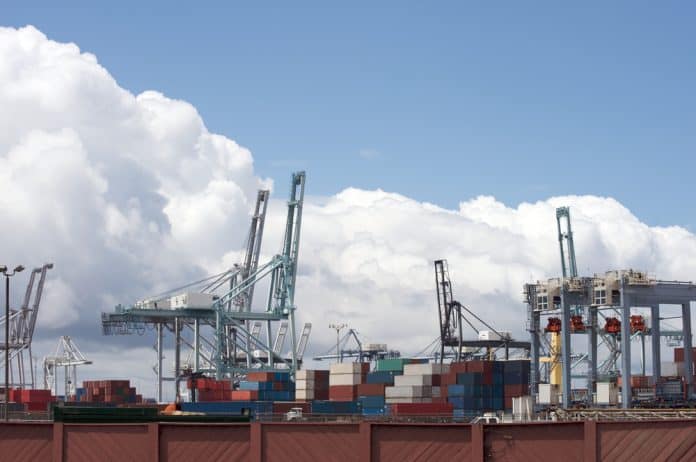We have great news to report on the progress of ongoing U.S. West Coast port worker negotiations.
Today, the International Longshore and Warehouse Union (ILWU), the labor union representing 22,000 U.S. West Coast dockworkers, has advised that they have reached a tentative agreement with the Pacific Maritime Association (PMA) which represents the shipping lines and terminal operators, on certain key issues.
The negotiations will continue until they reach a definitive pact.
The negotiations cover 29 U.S. West Coast ports and over 22,000 longshore workers. The key issues were identified as wages and port automation in the past. The details of the terms of the tentative agreements are still not known.
The negotiations started almost a year ago for a contract that ended in July 2022. In the past 11 months, there have been some agreements on contract terms but a full agreement has still not reached.
Over the past 11 months, there was never an official strike risk, but importers and all stakeholders have been on the edge due to the unknown characteristics of the negotiations and a potential strike risk.
Many importers diverted their cargo to other ports to mitigate risk and diversify their supply chain.
As a result, U.S. West coast ports lost volume, U.S. East Coast ports have been benefiting from this shift as well as the Port of Houston. Overall U.S. import numbers are much weaker than last year. However, the ambiguity in the contract negotiations and the risk of the unknown have both contributed to the volume loss that U.S. West Coast ports have faced.
Earlier this month, there was a two-day work slowdown in Long Beach ports. The ILWU said this was a result of labor shortages which were caused by religious holidays. However, the PMA accused the union of slowing down certain operational processes.
This and other issues have caused panic and concern amongst importers.
When the negotiations are over and a definitive agreement is reached, it is still not clear whether U.S. West Coast volumes will increase as many importers had long-term warehouse agreements and investments in other regions which is an indication that the shift is not a temporary one.




